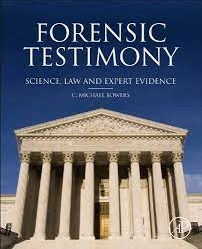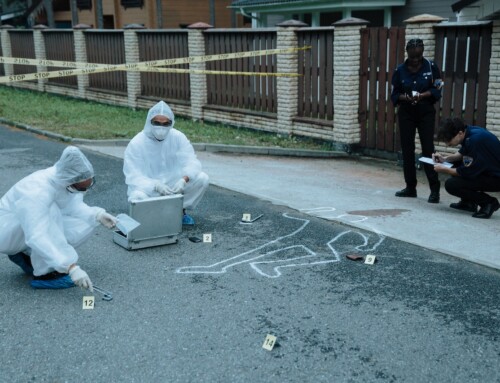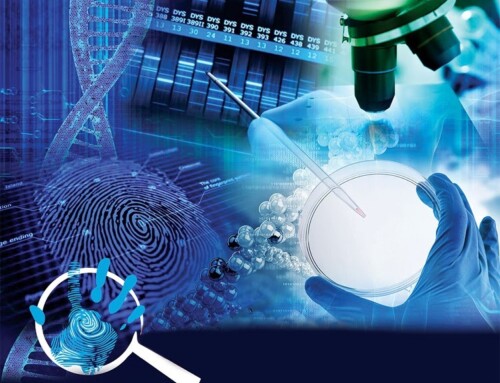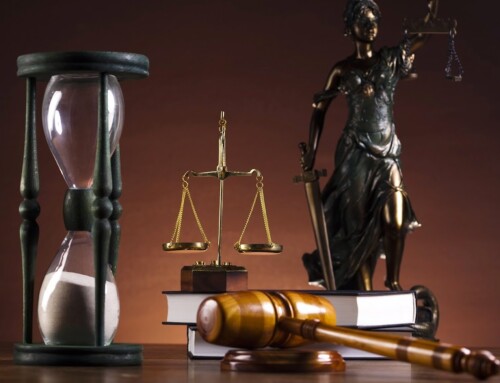Course Description
This course is designed to prepare students for courtroom testimony as expert witnesses. Students will learn the role scientific evidence and expert witness testimony play in criminal and civil cases in the United States court system as well as key court rulings relating to expert testimony. Expert testimony and evidence admissibility standards will be compared between the federal and state court systems, as well as ethical considerations for expert testimony. Challenges to scientific testimony admissibility will be discussed in depth, focusing on current court decisions that impact the impact the admissibility, content, and format of scientific testimony.
In addition to testimony admissibility, the course will discuss the process of scientific testimony. Students will be learn how witnesses are qualified for expert testimony and how to testify under both direct examination and cross examination situations. At the end of the course, students will be required to participate in a mock testimony exercise that will require them to apply course material as they prepare and testify as an expert witness in a mock criminal case.

Course Textbook
Bowers, M.C. (2014). Forensic Testimony: Science, Law, and Expert Evidence (1st ed). Academic Press: Amsterdam. ISBN: 9780123970053 (Hardback) / ISBN: 9780123972606 (E-book)
Helpful Resources

Mock Trial Strategies
This website was developed to help schools develop Mock Trial teams. The website includes a lot of helpful strategies and videos that will help you prepare for the Mock Trial Exercises in this course. I encourage you to review the materials provided under the Educational Material heading when you developing your testimony materials.




